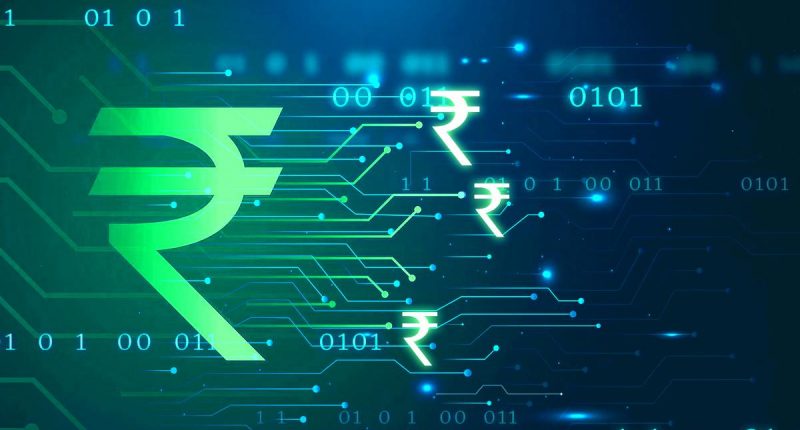Digital transactions involving the usage of the Unified Payments Interface (UPI) have gained considerable significance in the past few years. Although it remains a convenient mode for money transactions, it is also associated with a certain level of risk of fraud.
For any individual, it is imperative to protect their financial information and ensure access to a digital payment experience that is safe and secure. It is very much possible for an individual to protect themselves from various potential risks and stay ahead of the game.
Personal Identification Number (PIN) protection: It is crucial to ensure that the software of various digital devices is updated with the latest security patches. Also, use strong alphanumeric passwords wherever required. While sharing any personal information online, always remain watchful. Under no circumstances should you share any details related to UPI PIN, password, or one-time password (OTP).
Remain watchful against scams: Scammers can approach a gullible victim in various ways, including phishing emails, suspicious links, and unsolicited requests seeking out personal data. As a rule of thumb, always double-check the legitimacy of requests before responding or giving away any personal data. In addition, regularly review and update the privacy settings on various social media platforms and other online accounts.
Opt for a two-factor authentication option: Always opt for the two-factor authentication (2FA) option for UPI transactions. As a result, an extra layer of security is ensured, requiring a second verification form.
Also, remain watchful against counterfeit UPI social media handles and fake UPI apps set up by scammers. Carefully examine such sites before sharing any of the credentials. It is important to note that authorised banks or government institutions will never ask for UPI credentials via their call centre.
Rely on a secure network: Conducting financial transactions over public Wi-Fi networks or unsecured connections is a big no-no. Always rely on trusted and safe networks when making UPI payments.
Enable transaction alerts: As an additional protection, always enable transaction alerts on the UPI app, monitor the account regularly, and remain watchful about any unauthorised transactions. In case of any suspicious activity, contact the authorised bank or the concerned authorities.
Complain about suspicious activity: If any suspicious transactions or UPI frauds are noticed, report the incident to the customer care department of an authorised bank or financial institution, complain to the local police station, or register a complaint with the cybercrime portal.
In case the matter remains unresolved, it is possible to follow the Reserve Bank of India (RBI) guidelines for reporting the issue to the UPI app’s customer care and report to the RBI ombudsman.

Rajiv is an independent editorial consultant for the last decade. Prior to this, he worked as a full-time journalist associated with various prominent print media houses. In his spare time, he loves to paint on canvas.





